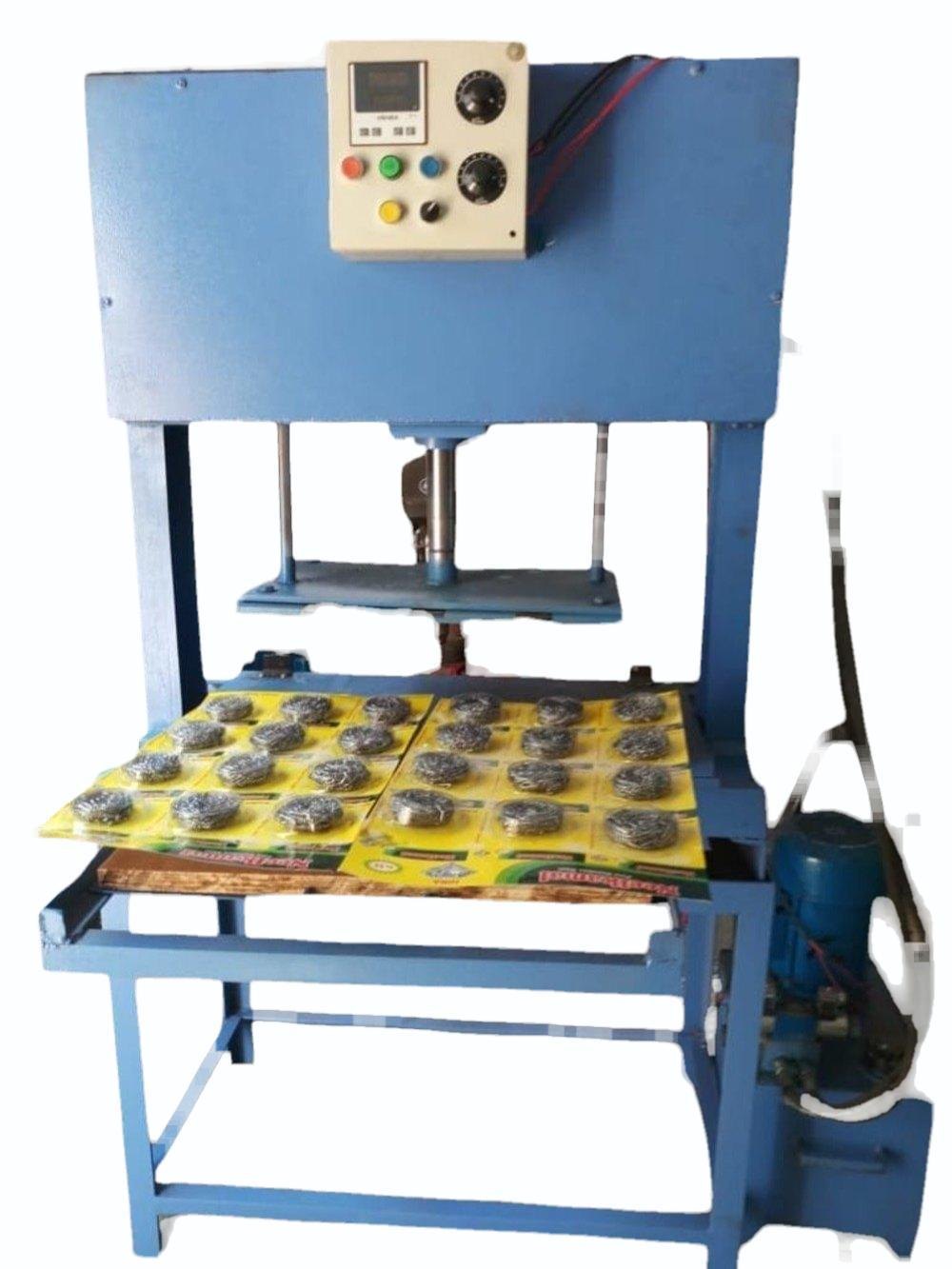Scrubber Sealing Machine Manufacture: An Overview
Introduction
The scrubber sealing machine is a crucial piece of equipment in the manufacturing and packaging industries, specifically designed to ensure the proper sealing of scrubber pads used in various cleaning applications. Its primary function is to enhance product longevity and maintain hygiene standards by providing a robust seal. This overview delves into the manufacture of scrubber sealing machines, highlighting their design, components, production process, and industry applications.
Design and Components
Scrubber sealing machines are engineered to meet the rigorous demands of high-volume production. Their design integrates several key components:
-
Sealing Mechanism: This is the core component responsible for applying heat and pressure to create a secure seal. Common mechanisms include heat sealers, ultrasonic sealers, and radiofrequency sealers, each suited to different materials and seal requirements.
-
Feed System: This system ensures the continuous supply of scrubber pads to the sealing area. It can include conveyors, feeders, or automated robotic arms, depending on the machine's complexity and production volume.
-
Control Panel: Equipped with user-friendly interfaces, this panel allows operators to set parameters such as sealing temperature, pressure, and cycle time. Advanced models feature programmable logic controllers (PLCs) for precision and automation.
-
Cooling System: After sealing, the pads need to cool down to solidify the seal. Cooling systems, often consisting of fans or water-cooled plates, are essential to ensure the seal's integrity.
-
Frame and Structure: Constructed from durable materials like stainless steel or high-grade alloys, the frame supports all components and withstands the operational stresses of high-speed production.
Production Process
The manufacturing process of scrubber sealing machines involves several stages:
-
Design and Engineering: Engineers and designers collaborate to create detailed blueprints and technical specifications based on industry requirements and client needs. This phase includes selecting materials, designing components, and planning the machine's layout.
-
Component Fabrication: Individual components are manufactured using various techniques, including machining, welding, and injection molding. Precision is critical, particularly for components like the sealing mechanism and control panel.
-
Assembly: The fabricated components are assembled into the machine's frame. This process includes installing the sealing mechanism, feed system, cooling system, and control panel. Each component is tested individually before being integrated into the whole system.
-
Testing and Calibration: After assembly, the machine undergoes rigorous testing to ensure it operates according to design specifications. Calibration of the sealing parameters, such as temperature and pressure, is performed to guarantee optimal performance and seal quality.
-
Quality Control: Final quality control checks are conducted to identify any defects or issues. The machine's performance is assessed under simulated production conditions to verify its reliability and efficiency.
-
Packaging and Delivery: Once tested and approved, the machine is disassembled, packaged, and prepared for delivery. Shipping logistics are managed to ensure the equipment reaches the client safely and on time.
Industry Applications
Scrubber sealing machines are widely used in various industries, including:
-
Cleaning Products: In the production of scrubber pads used for cleaning, ensuring a secure seal is vital for product effectiveness and longevity.
-
Automotive: Used in automotive cleaning supplies, these machines help maintain high standards of product quality and reliability.
-
Consumer Goods: For household and industrial cleaning applications, scrubber sealing machines are integral to packaging and maintaining product integrity.
-
Food Processing: In some cases, these machines are adapted for sealing cleaning tools used in food processing environments, where hygiene is paramount.
Conclusion
The manufacture of scrubber sealing machines involves a complex interplay of design, engineering, and precision. These machines play a vital role in ensuring the quality and durability of cleaning products across various industries. By combining advanced technology with meticulous craftsmanship, manufacturers produce machines that enhance productivity and maintain high standards of hygiene and performance.
